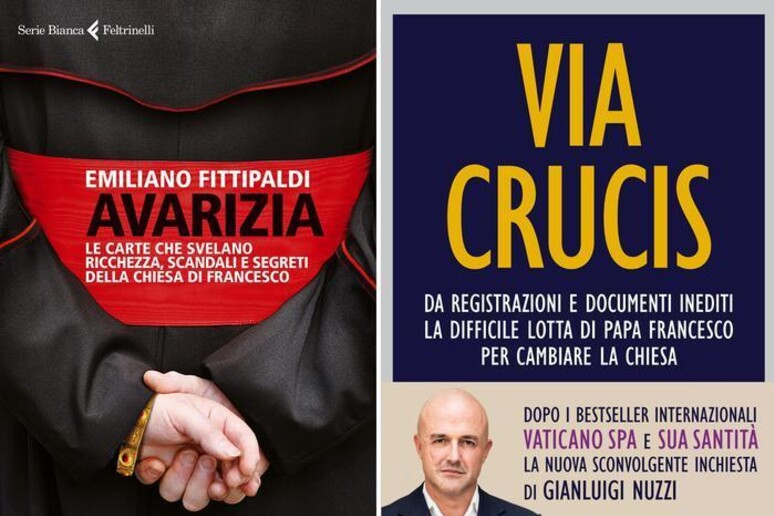(see related)The Administration
of the Patrimony of the Holy See (APSA) held assets worth 998
million euros in 2013, including an investment portfolio worth
over 475 million eurps, according to figures contained in a new
book on the Vatican's financial affairs to be published
Thursday.
Unlike the Institute for the Works of Religion (IOR) -
commonly known as the Vatican Bank - APSA's budget "is not part
of the public domain", L'Espresso news magazine journalist
Emiliano Fittipaldi points out in his new book Avarice, one of
two books at the centre of a new Vatican document-leaking
scandal dubbed Vatileaks 2.
Fittipaldi claims APSA acts like a credit institution and
cites budget entries detailing loans to banks to the tune of
162.7 million euros, 24.5 million dollars, 8 million pounds, 4.5
million Swiss francs and 29.2 million yen.
The book also exposes alleged money wastage on
consultancies for projects that never materialised at Bambin
Gesù, a Rome pediatric hospital operating under the auspices of
the national health system on an extraterritorial area
administered by the Holy See.
Concerns were initially raised by auditors at
PricewaterhouseCoopers, Avarice claims.
The auditors also reportedly pointed the finger at
commercial activities that were allegedly "incoherent" with the
original mission of the hospital founded to treat poor children
in Rome.
These include control of Clinical & Research Services srl
and Xellbiogene srl, a biotechnology firm run together with
Milan's Catholic University specialising in genetic research.
Founded in 2013, it was wound up two years later.
Other concerns were expressed over donations to the
hospital and assets building up in accounts at the IOR and APSA.
ALL RIGHTS RESERVED © Copyright ANSA











